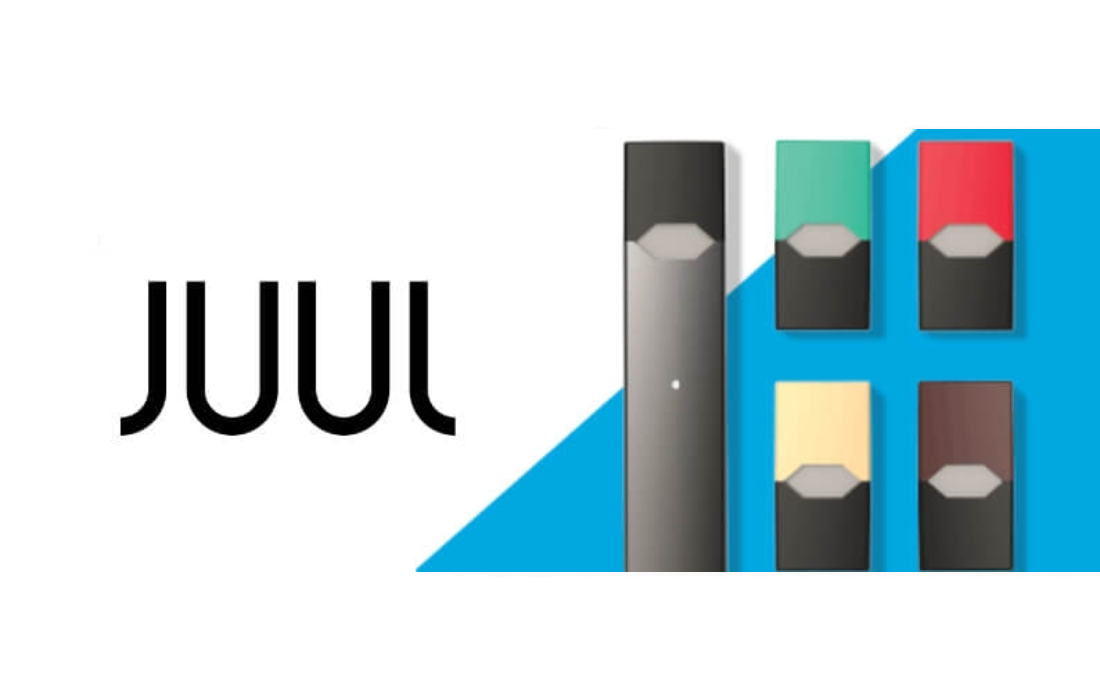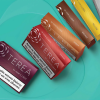The tobacco industry has always been characterized by its ability to adapt and evolve in the face of changing consumer preferences and regulatory landscapes. Over the years, brands such as Marlboro, Camel, and Winston have cemented their position in the market with their range of traditional combustible cigarettes. However, the introduction of vaping and e-cigarette devices such as JUUL has signaled a profound shift in the landscape, challenging the dominance of these established brands and reinventing the way tobacco is consumed.
Founded in 2015, JUUL Labs has rapidly ascended to become a major player in the tobacco industry, primarily through its innovative approach to nicotine delivery. The JUUL e-cigarette, with its sleek, discreet design and easy-to-use pod system, has appealed to a wide range of consumers, offering a modern alternative to traditional cigarettes.
Unlike traditional combustible cigarettes that burn tobacco leaves to produce smoke, JUUL vaporizes a liquid that contains nicotine, a process known as vaping. This liquid, commonly referred to as e-liquid or vape juice, comes in pre-filled cartridges or “pods,” which are inserted into the JUUL device. When the device is used, the liquid in the pod is heated, turning it into aerosol that is then inhaled by the user.
This innovative mechanism differs not only from traditional cigarettes but also from other tobacco products like HEETS, which employ Heat-Not-Burn (HnB) technology. While HEETS, used with the IQOS device developed by Philip Morris, heat a specially processed tobacco plug, JUUL relies on nicotine salts found in its pods for delivering nicotine.
JUUL’s success can be attributed to several factors. The device’s design, reminiscent of a USB flash drive, is both aesthetically pleasing and discreet. Furthermore, JUUL pods come in a range of flavors, from traditional tobacco and menthol to fruity flavors like mango and cucumber. This has made the device particularly attractive to younger users, a demographic that traditional cigarette brands have found increasingly difficult to reach due to tightening marketing regulations and growing health awareness.
However, JUUL’s impact on the tobacco industry is not without controversy. Its popularity among youth has drawn scrutiny from public health officials and regulators. Countries like the United States have taken steps to curb the availability of flavored e-cigarette products, which are seen as particularly appealing to underage users. Despite this, JUUL continues to be a disruptive force in the industry, encouraging competitors like British American Tobacco and Japan Tobacco International to invest in their vaping devices, Vype and Logic Compact, respectively.
In conclusion, JUUL’s ascent in the tobacco industry is indicative of changing consumer preferences and the increasing prominence of harm reduction strategies in tobacco use. The company has challenged the traditional tobacco industry, leading to an era characterized by innovation, competition, and a shift towards potentially less harmful alternatives to combustible cigarettes. It’s imperative for consumers to stay informed about these changing landscapes, recognizing the risks and benefits of these new devices. It’s clear that JUUL, despite the controversies, has irreversibly changed the face of the tobacco industry.






Leave a reply